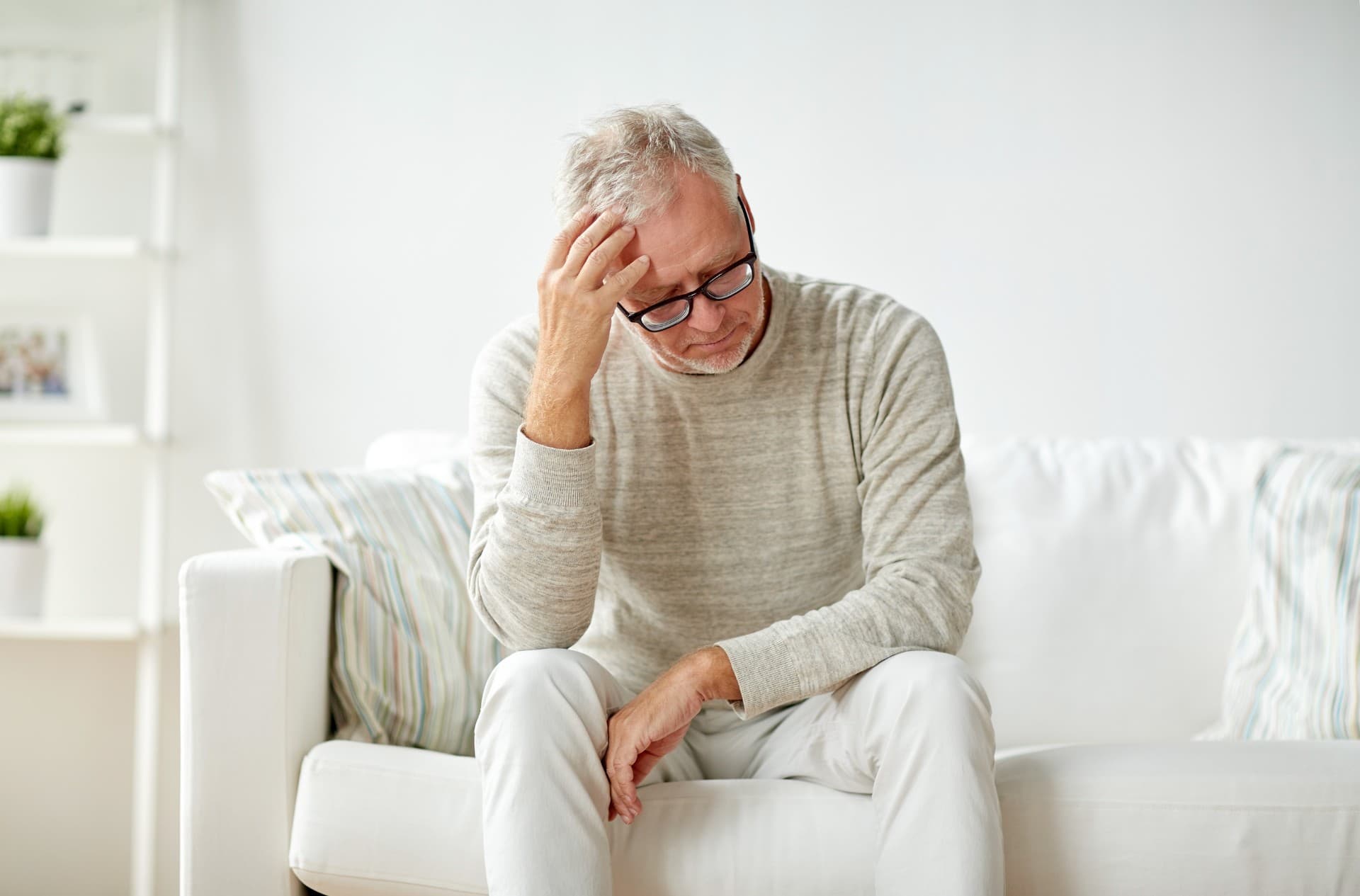- Blogs
- A guide to menopause in men and women
A guide to menopause in men and women
When you hear the term "menopause", you might think it only affects women entering their senior years, causing irritability, mood swings, and hot flashes. However, did you know that similar hormonal changes can occur in men too? Both men and women can experience a drop in essential hormones as they age, leading to symptoms that may indicate a stage known as "menopause" in women and "andropause" in men. Let’s explore what these symptoms look like in both genders and why they happen.
Menopause in Women
For women, menopause symptoms often include:
- Mood changes: Irritability, anxiety, and even depression.
- Physical discomfort: Hot flashes, night sweats, and difficulty sleeping.
- Bone health issues: Increased risk of osteoporosis due to decreasing bone density.
- Heart health risks: Greater vulnerability to heart disease.
The main cause of these symptoms is a decline in Estrogen and Progesterone, two critical hormones that help maintain a woman’s overall health and vitality. These hormones support healthy skin, balanced mood, and strong bones. When their levels drop, women can experience the uncomfortable symptoms commonly associated with menopause.
Andropause in Men
Men are not immune to hormonal changes as they age. Testosterone, often referred to as the "hormone of vitality," starts to decline in men as they grow older, leading to what is known as andropause. Testosterone is responsible for:
- Muscle strength and physical stamina
- Sharp memory and cognitive function
- Mood stability and overall emotional well-being
- Sexual health and libido
When testosterone levels decrease, men may experience symptoms such as:
- Fatigue and low energy levels
- Decreased muscle mass and physical strength
- Memory issues and difficulty concentrating
- Low libido and reduced sexual performance
- Depression or feeling down
In short, this is the male equivalent of menopause, often referred to as "male menopause."
Managing Menopause and Andropause
The good news is that both menopause and andropause can be managed effectively with modern medical treatments. Natural Hormone Replacement Therapy (HRT) is available to help restore hormone levels, reduce symptoms, and bring your body back into balance. However, this type of therapy should only be done under the supervision of a medical professional, as improper use of hormones can be harmful.
Don’t let the fear of hormonal changes hold you back. With the right care, you can continue to feel strong, energetic, and youthful. If you are experiencing any of the symptoms mentioned above, consider consulting a specialist for personalized advice and treatment options.
Stay proactive about your health and embrace aging with confidence!
For more information, contact us at:
Phone: 0-2677-7077
Facebook: ADDLIFECenter
Line: @addlife
www.add-life.org



